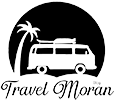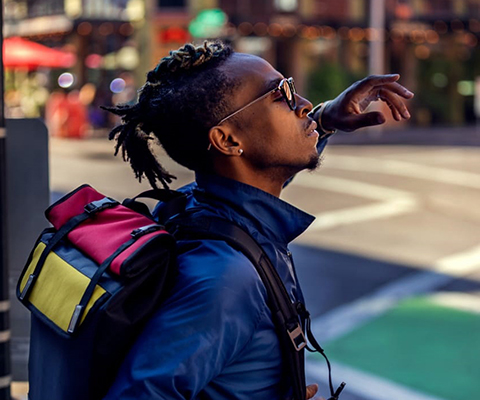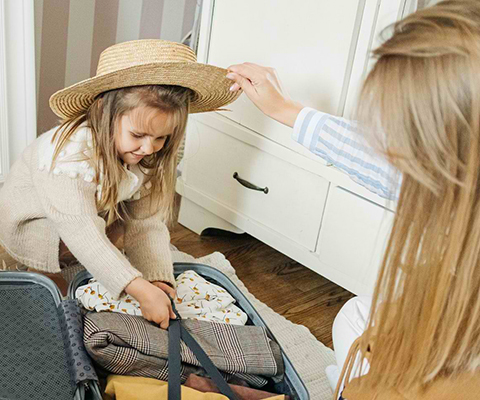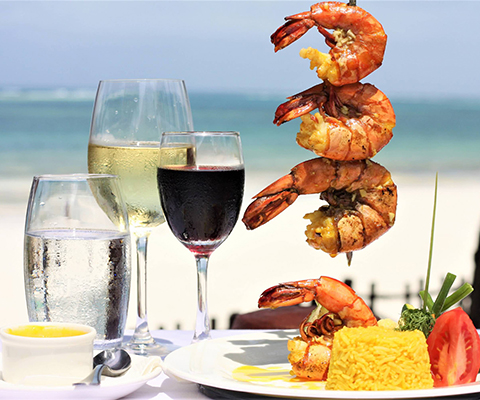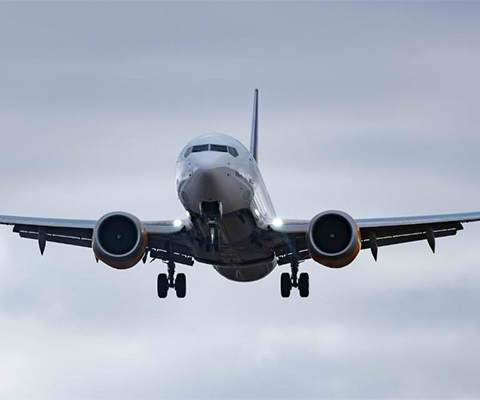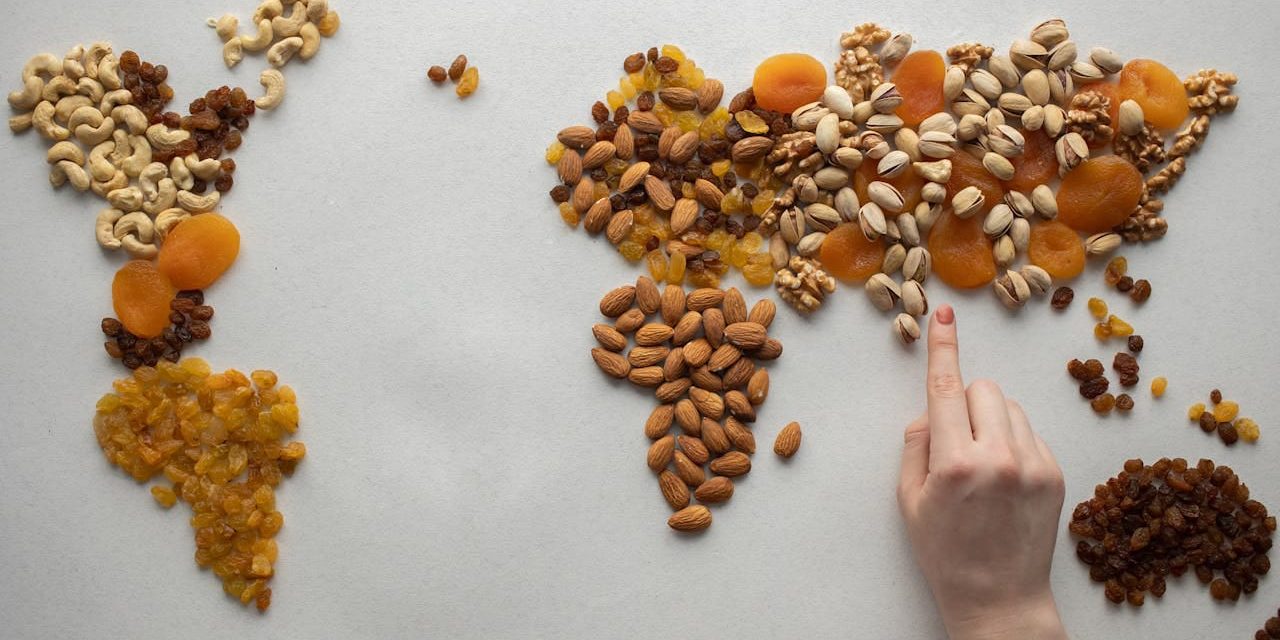Traveling is about discovering yourself and embracing the beauty of the world. However, it is not a reason to abandon healthy eating. Maintaining a healthy diet while traveling can be challenging due to limited healthy meal options, irregular eating patterns, and easily available fast foods. That being so, it is important to be intentional with your healthy eating choices. Let us explore some practical tips to help you maintain your nutritional habits while traveling.
Plan
The first step is to plan. This may look like researching your destination and identifying restaurants and grocery stores that serve healthy meals near your accommodation.
Pack snacks
Packing your snacks will save you money and give you control over what you eat. Travel-friendly snacks like mixed nuts, dried fruits, and roasted chickpeas, are long-lasting nutritious options. These snacks are high in soluble fiber and nutrients, promoting satiety and making you feel full for longer reducing cravings and overeating.
Try local food
Local cuisine is easily available and is an enjoyable way to experience different flavors. Instead of going for fried and fatty dishes, try food with plenty of lean proteins, whole grains, and vegetables. This diet will help you manage your weight while you travel and give you the energy to operate at your optimal peak. If you are not sure about what is on your food, do not hesitate to ask the chef or server for more information. If possible, request the chef to make you a meal that meets your dietary needs.
Stay hydrated
Hydration is fundamental to health. It helps your body function properly and boosts your energy levels and immune system. It is easy to forget to drink water while in transit. Carry a reusable water bottle, and prioritize taking regular sips of water throughout the journey to avoid dehydration. Take plenty of foods that have water such as watermelons, oranges, peaches, and cucumbers
Limit alcohol and caffeine intake
While alcohol and caffeine may make you feel good at the time, they negatively impact sleep, hydration, and overall health. Alcohol has a sedative effect and caffeine is a stimulant that promotes alertness. Significant consumption of either negatively affects the sleep cycle resulting in low-quality sleep and sleep apnea. Common beverages that contain caffeine are coffee, energy drinks, and some teas such as black tea. To ensure a healthier travel experience, moderate the consumption of these substances or opt for non-alcoholic and caffeine-free drinks. Herbal teas such as chamomile and peppermint are caffeine-free and healthier options.
